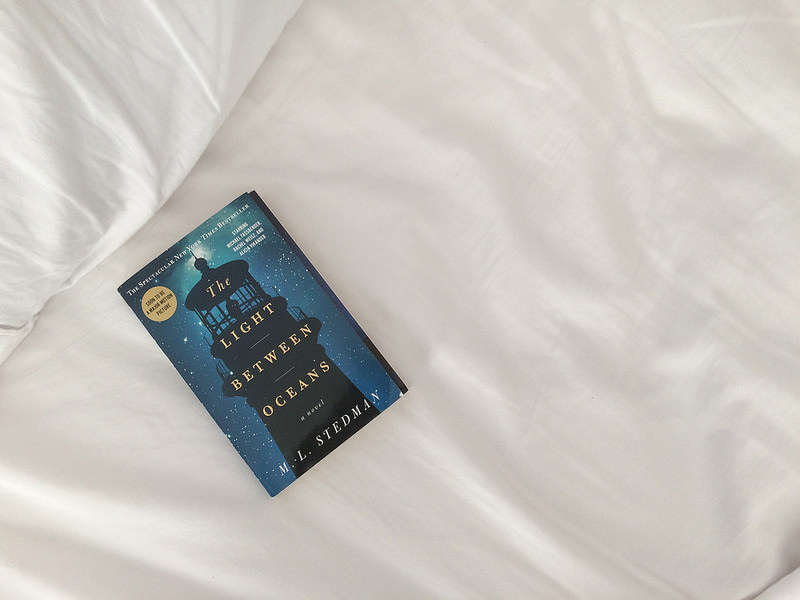The language of Shakespeare might easily put some people off. Unfamiliar words, antithesis, oxymorons, sonnets, blank verses and linguistically demanding monologues, it is no wonder that some people might be terrified of this 400 year-old bearded man with a frilly collar. Whatever your thoughts are on Shakespeare, The Bard of Avon wrote his plays for three main reasons: to be acted, to be watched and to be enjoyed, and these unique features of language are why his writing is so striking and worthwhile.
As confusing as his words might seem to young actors, Shakespeare was pivotal in the transformation of the English Language. Many of the words and phrases which we use today were first written down by Shakespeare. At the time of Shakespeare in 1590, the early modern English Language wasn’t even a century old yet. With no dictionaries and the majority of essential documents being written and published in Latin, Shakespeare contributed over 3000 words to the English Language by writing them down. More than a tenth of these were only being used for the first time such as accommodation, belongings, courtship, exposure, noiseless and radiance. Shakespeare wasn’t just a playwright, he was an inventor.
Tackling Shakespeare as a young actor might seem tough at first, but with the right attitude you’ll be able to take on his language and any challenging role. Here are some ways that you can attack Shakespeare as a young actor:
Understand Shakespeare’s words and phrases through doing some research:It is important to understand the meaning behind every word and phrase. With most modern plays, we understand everything that is said and so some actors often avoid investing time into Shakespeare as it can seem too complicated and unreachable. By looking up and researching the meaning of words and phrases not only will you have a better grasp of the language but your audience will too. A normal dictionary will have most definitions or you can check out Shakespeare’s Words by linguists Ben and David Crystal who provide a glossary and language companion to Shakespeare’s work.
 Via giphy.com
Via giphy.com
Start to understand the thoughts of what is being said:
As you start to understand the words, you will begin to get a better understanding of each line and therefore every thought that makes up the text. Shakespeare’s verses have a rhythm of their own and so punctuation marks are what marks the end of thoughts rather than the end of a line. Understanding these units of thought is what helps to bring the text alive and understanding Shakespeare will begin to become a fun and enriching experience.
 Via Giphy.com
Via Giphy.com
Be able to tell the story:
When you understand the meaning of the thoughts you can put them together to understand scenes and then the play as a whole. Being able to understand the story as a whole will help you to understand how your role contributes to the story and give a more convincing performance.
 Via Giphy.com
Via Giphy.com
Eat, sleep and breathe Shakespeare plays:
Taking in as many Shakespeare plays as you can can help the Bard to sound more natural. Read his plays, go to the theatre or watch film adaptions that retain the original Shakespearean dialect such as Baz Luhrmann’s 1996 film ‘Romeo + Juliet’ starring Leonardo DiCaprio and Claire Danes. Every time you absorb a new Shakespeare play, the next play will read clearer and more gratifying!
 Via Giphy.com
Via Giphy.com
Thinking of tackling Shakespeare? Here are some links that you might also find useful!





